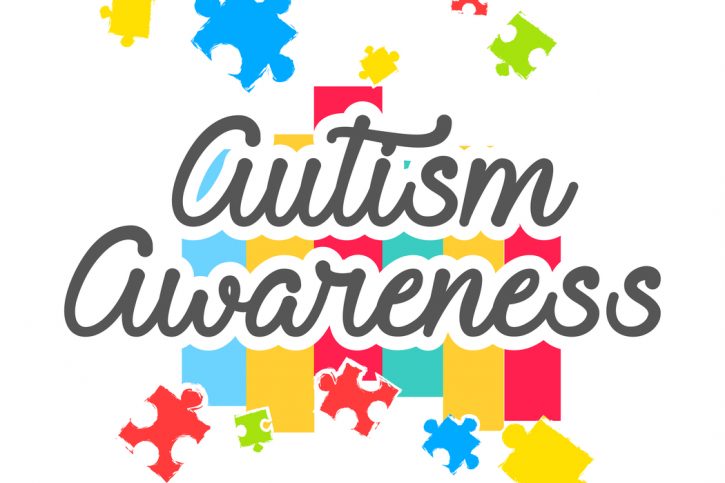
April showers bring May flowers. Well, that’s not all. Autism Awareness Month celebrates the arrival of April also.
The awareness month started about 25 years ago, thanks to the Autism Society. This nationwide effort promotes autism awareness, inclusion and autonomy for all. They fight for every person affected with ASD to achieve the highest possible quality of life. This year, they strive for everyone to become partners in accepting and appreciating those with ASD.
What is Autism?
Autism, or more properly, Autism Spectrum Disorder (ASD), most simply, is a disability. This complex developmental disability affects speech and interaction with others. Currently, no known cause of autism exists. Also, autism affects 1 of every 68 births in the United States, according to the CDC in 2016. This doubled from 2004.
A spectrum condition, ASD is a set of actions that affect everyone differently and, also, to varying degrees.
Some behaviors pointing to autism include:
- Language barriers
- Not holding eye contact
- Difficulty holding a conversation
- Hard times with reasoning and planning
- Intense or narrow interests
- Poor motor skills
- Extra sensitive senses.
This is by no means all the behaviors. Many only show one or two issues, while others display many more. Our hearts go out to those living with ASD.
So, How Does Autism Affect Others?
The lifetime cost of a child with autism can be as high as $2.4 million. Most families struggle to make ends when dealing with ASD. However, treatment for autism exists. One doesn’t ‘outgrow’ it, but early awareness also makes lives much easier.
Also, how do I know what to look for?
No parent wants to have their child suffer. Thus, the earlier the diagnosis, the earlier treatment can begin. Don’t wait.
Watch for:
- Late or lack of speaking.
- Not wanting to making friends (more than just shyness).
- Fixation on pieces of toys or other objects.
- Repetition in words or gestures, like hand-flapping.
- Lack of eye contact.
- No made-up play.
Lastly, How Can I Help with Autism Awareness Month?
Whether or not you have a kid with ASD, support should be universal. At Lerner and Rowe, this cause is also near and dear to our hearts. You can also always contact us to get more info on how to help. Attend events. Donate. Also, be aware that wrong info about ASD exists. Every little bit helps. Don’t wait and lastly, volunteer today.
Want to learn more about how the offices of Lerner and Rowe makes Nevada better? Visit lernerandrowegivesback.com
The information on this blog is for general info purposes only. Nothing herein should be taken as legal advice for any individual case or situation. This info is not intended to create, and receipt or viewing does not constitute, an attorney-client relationship.



